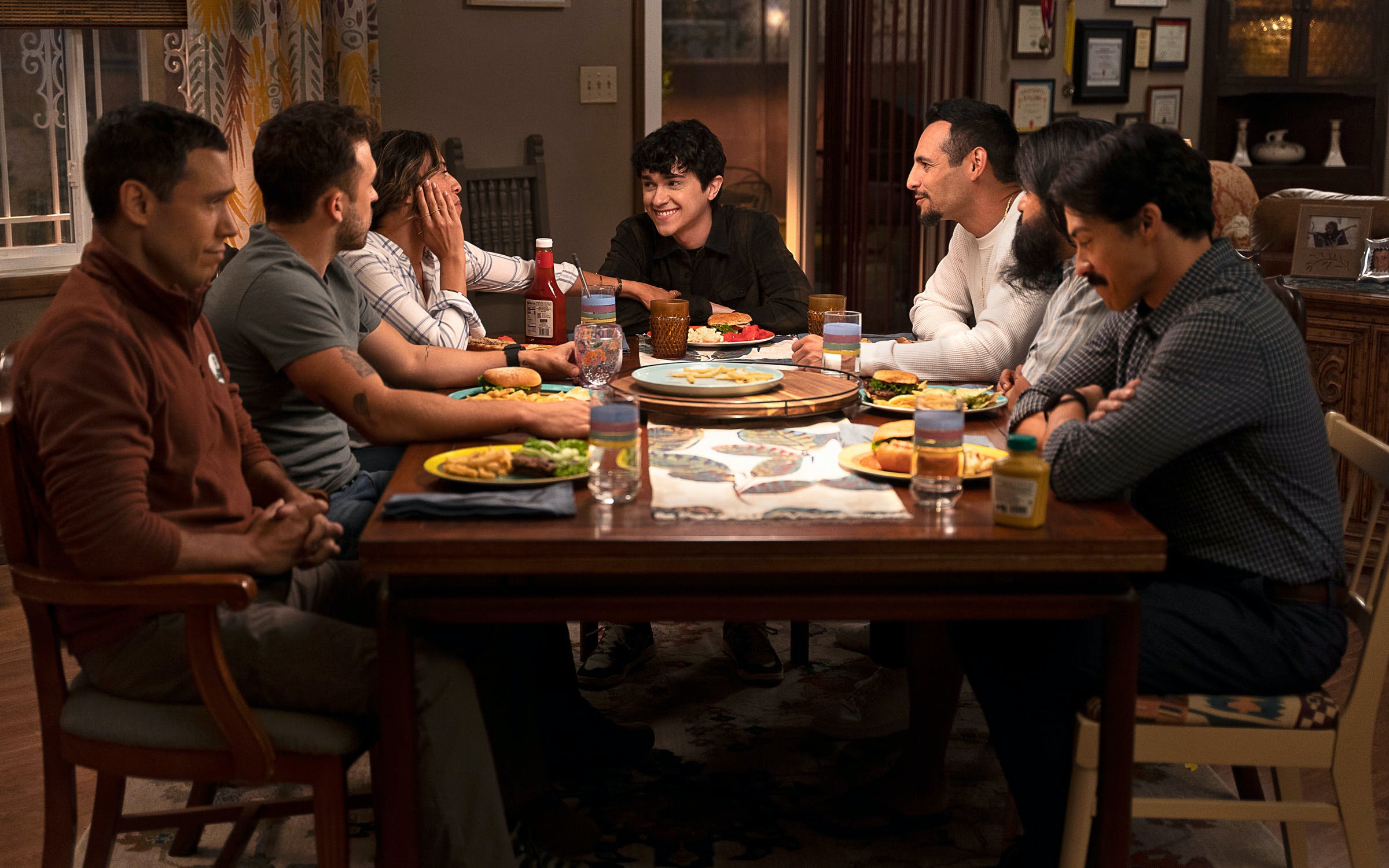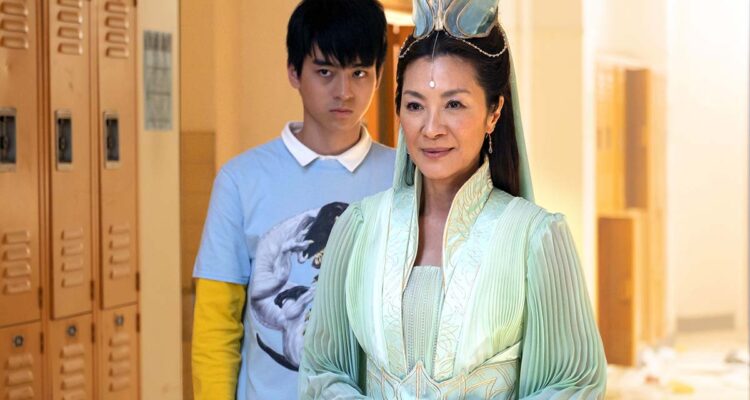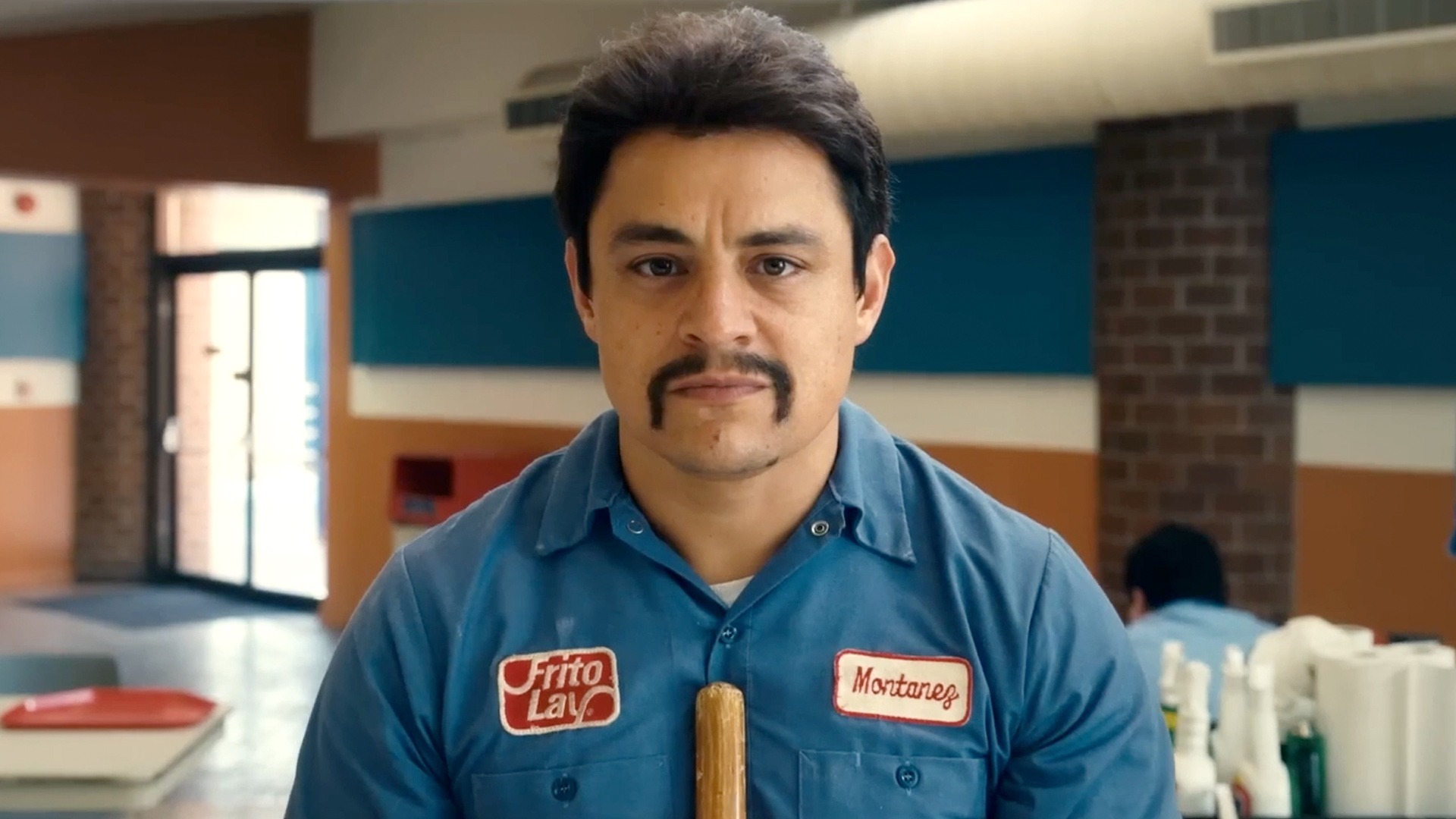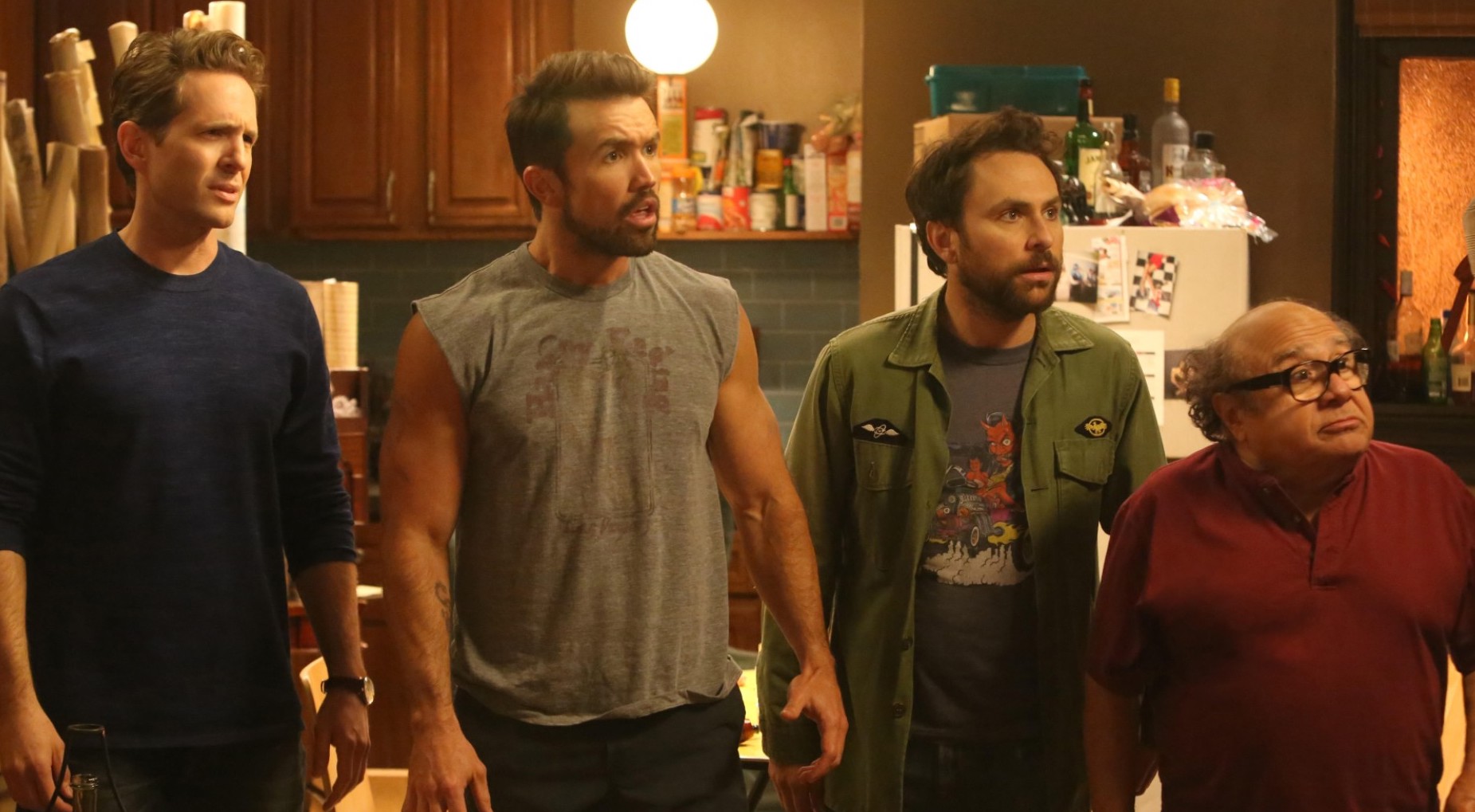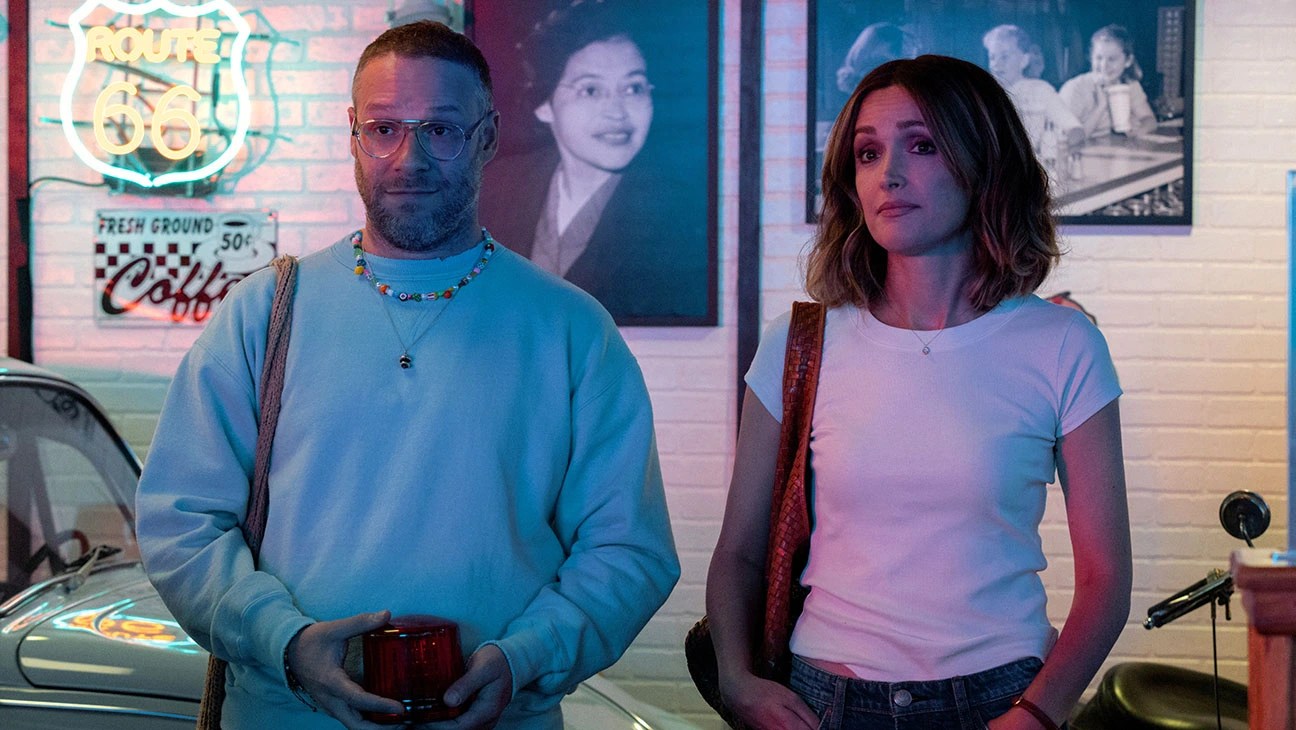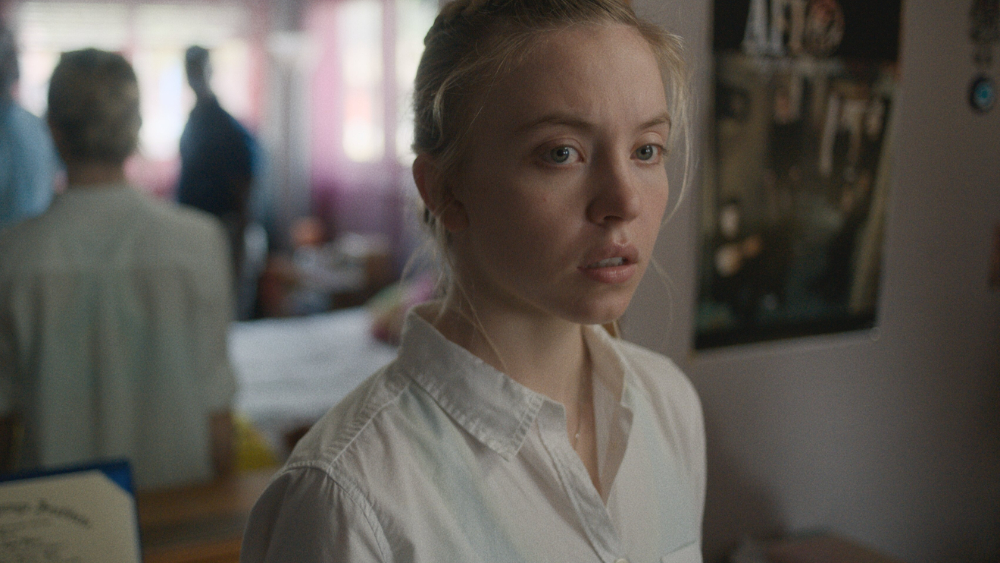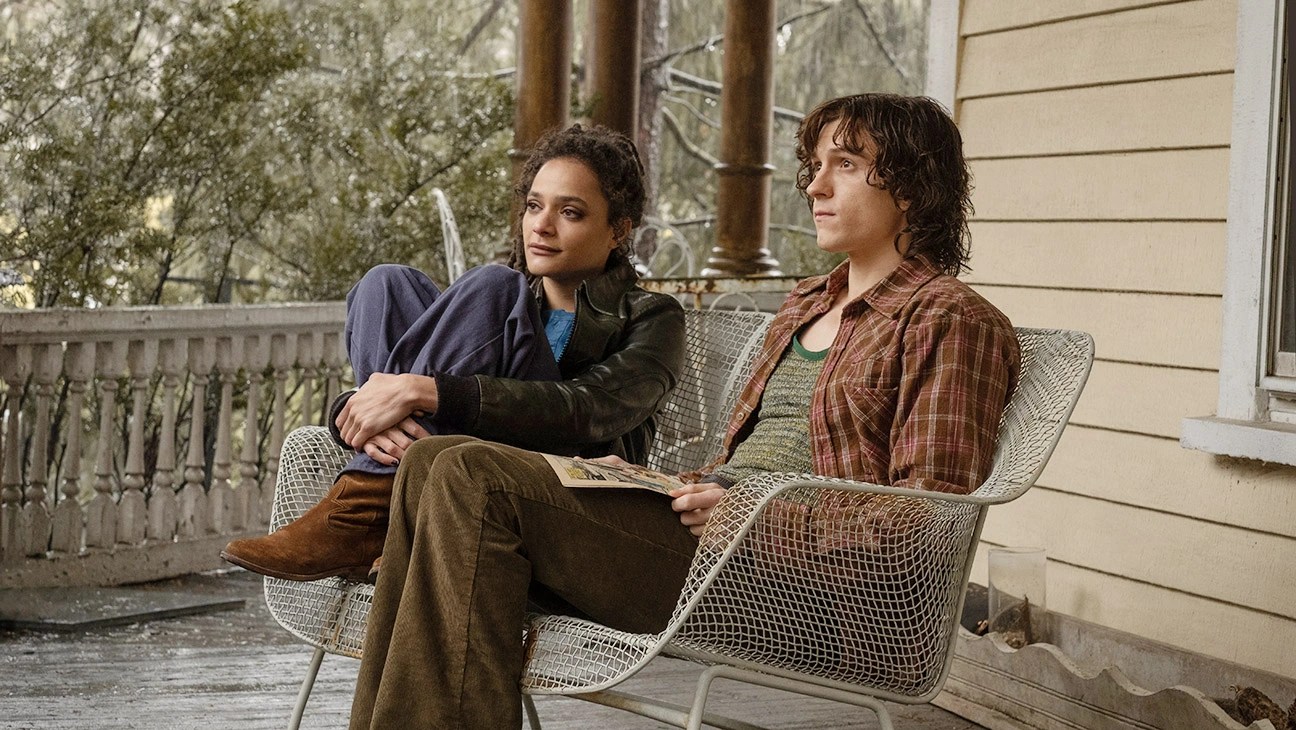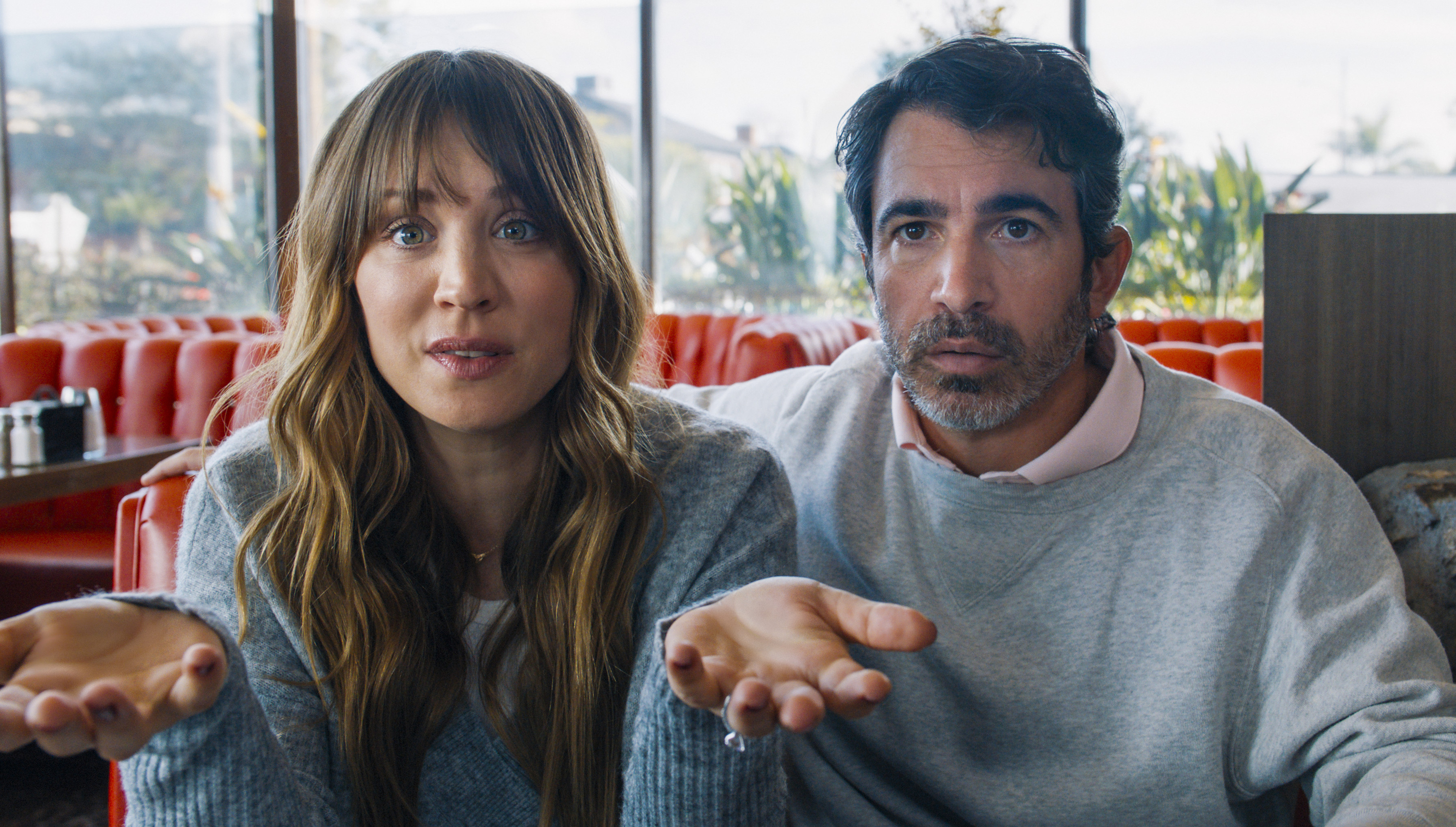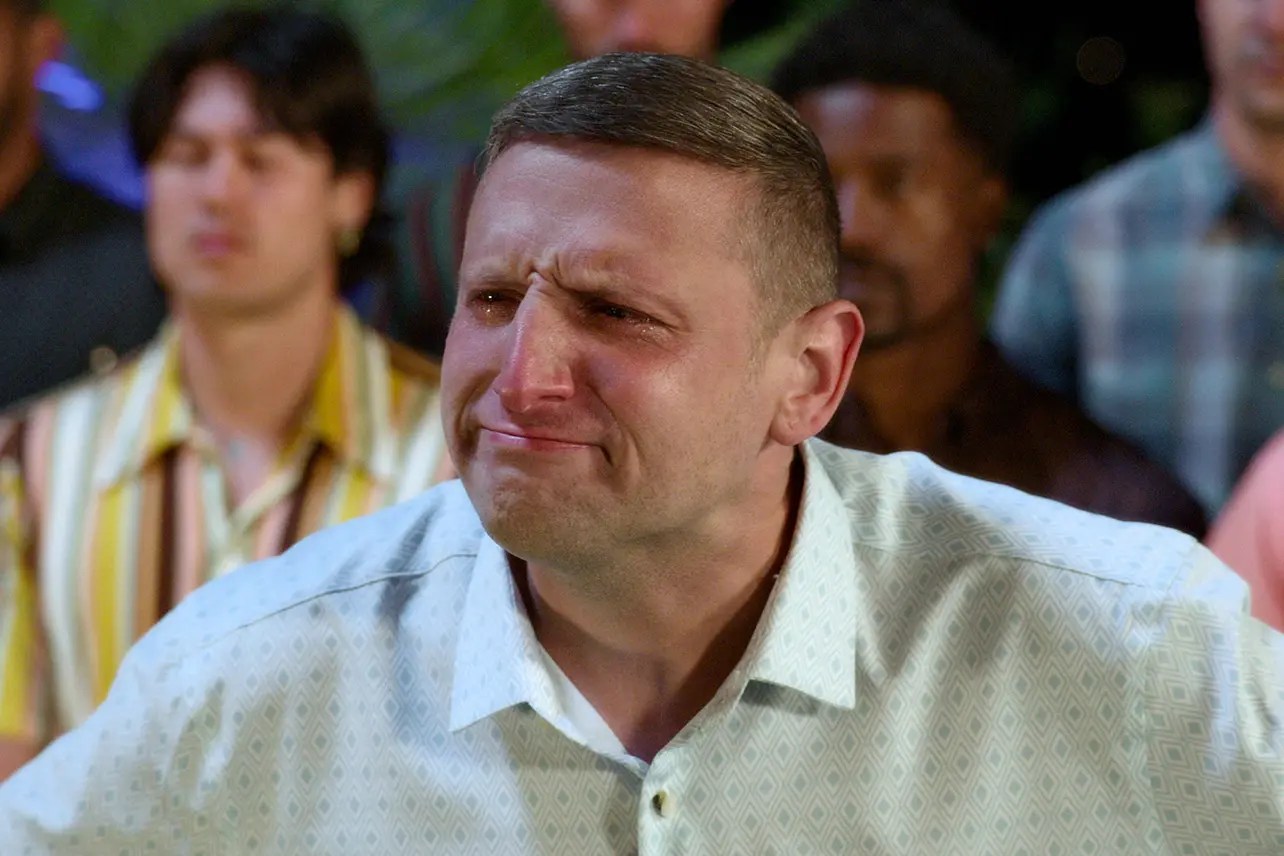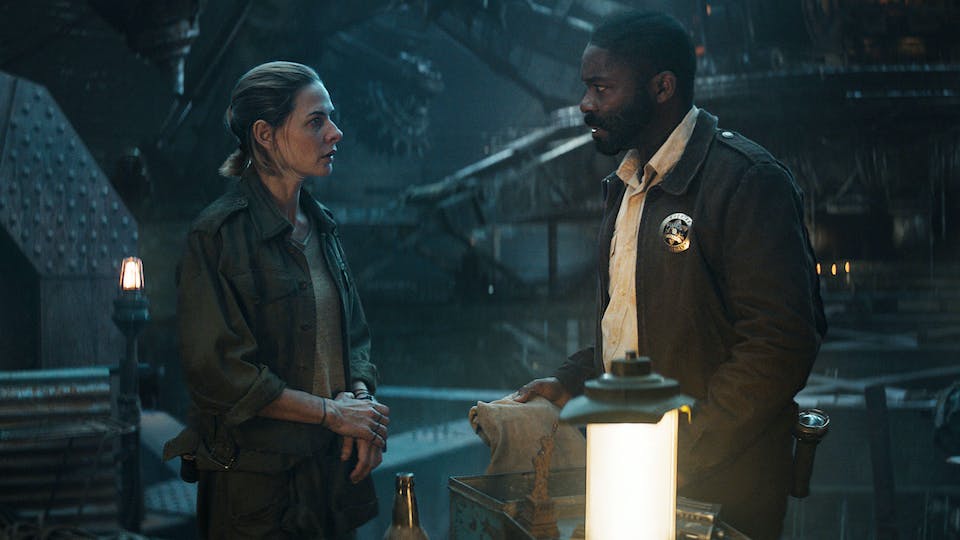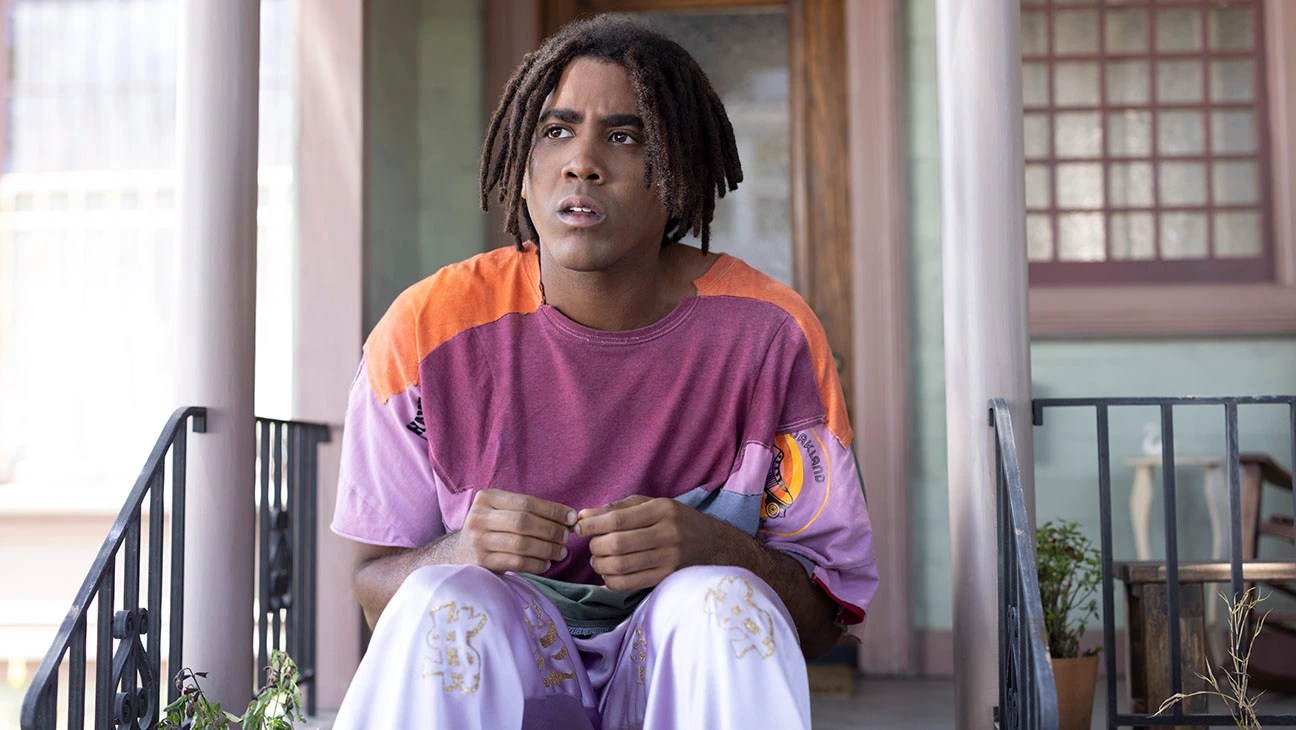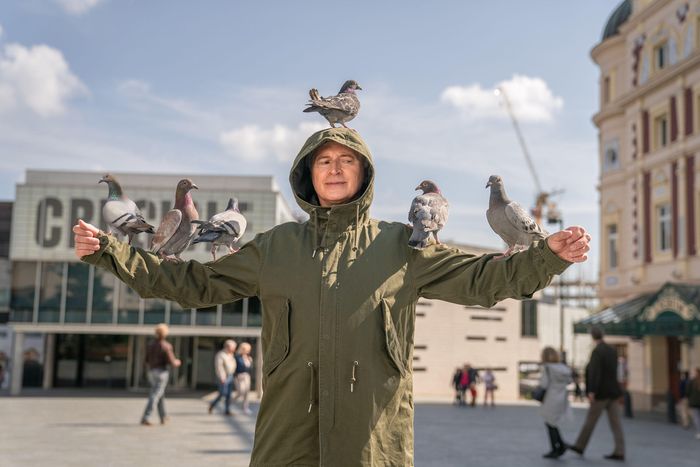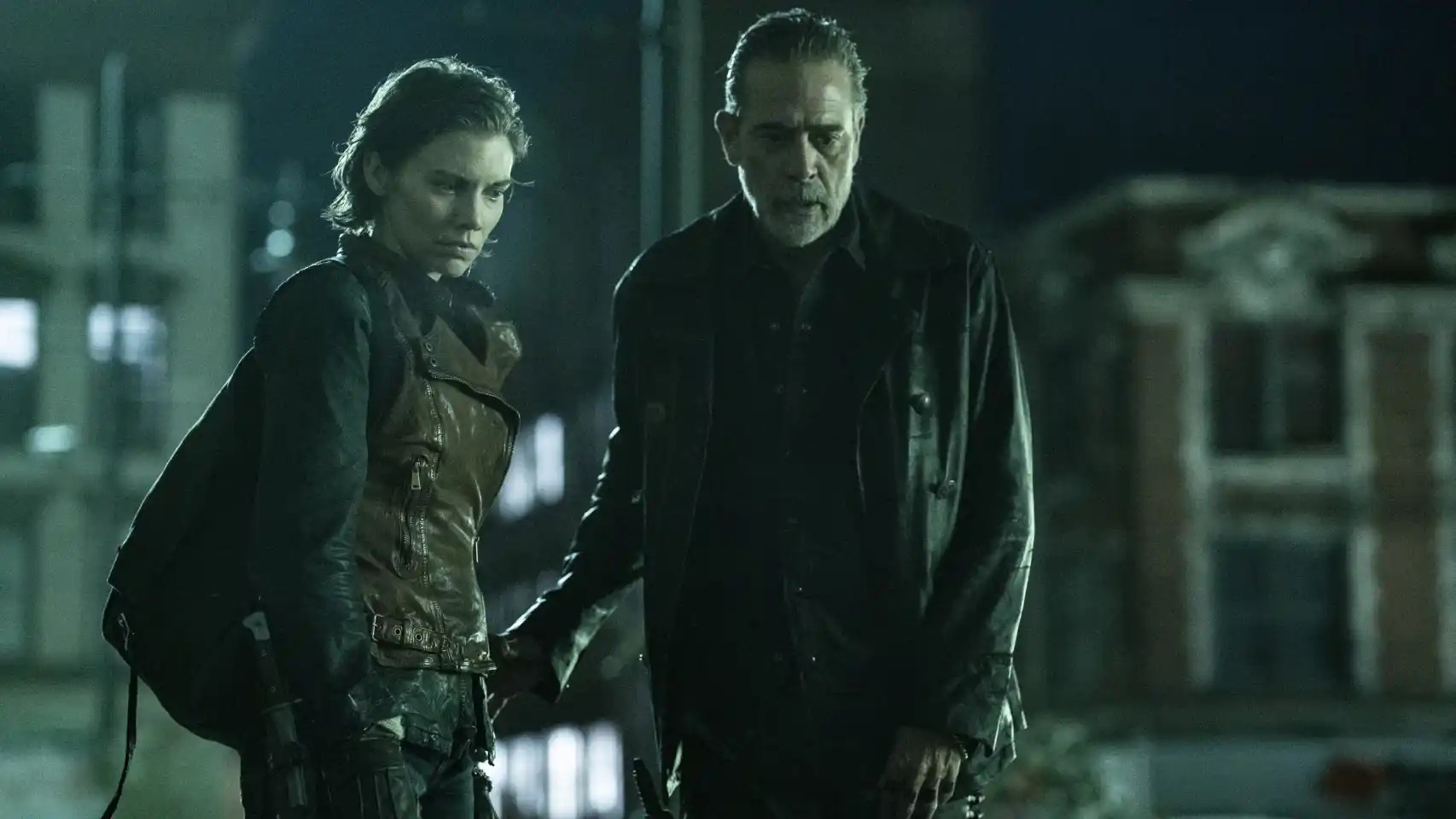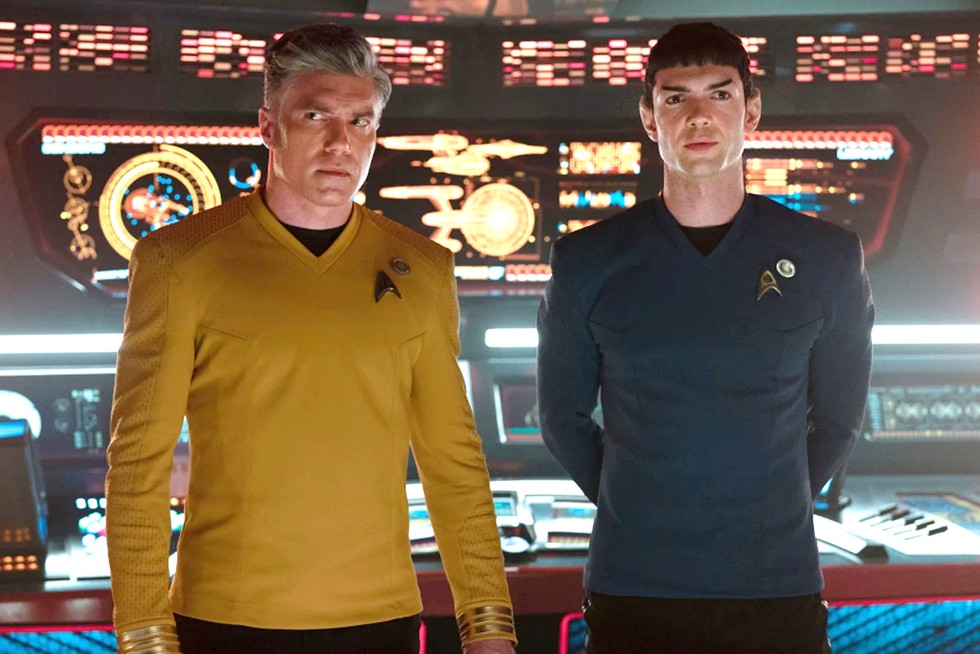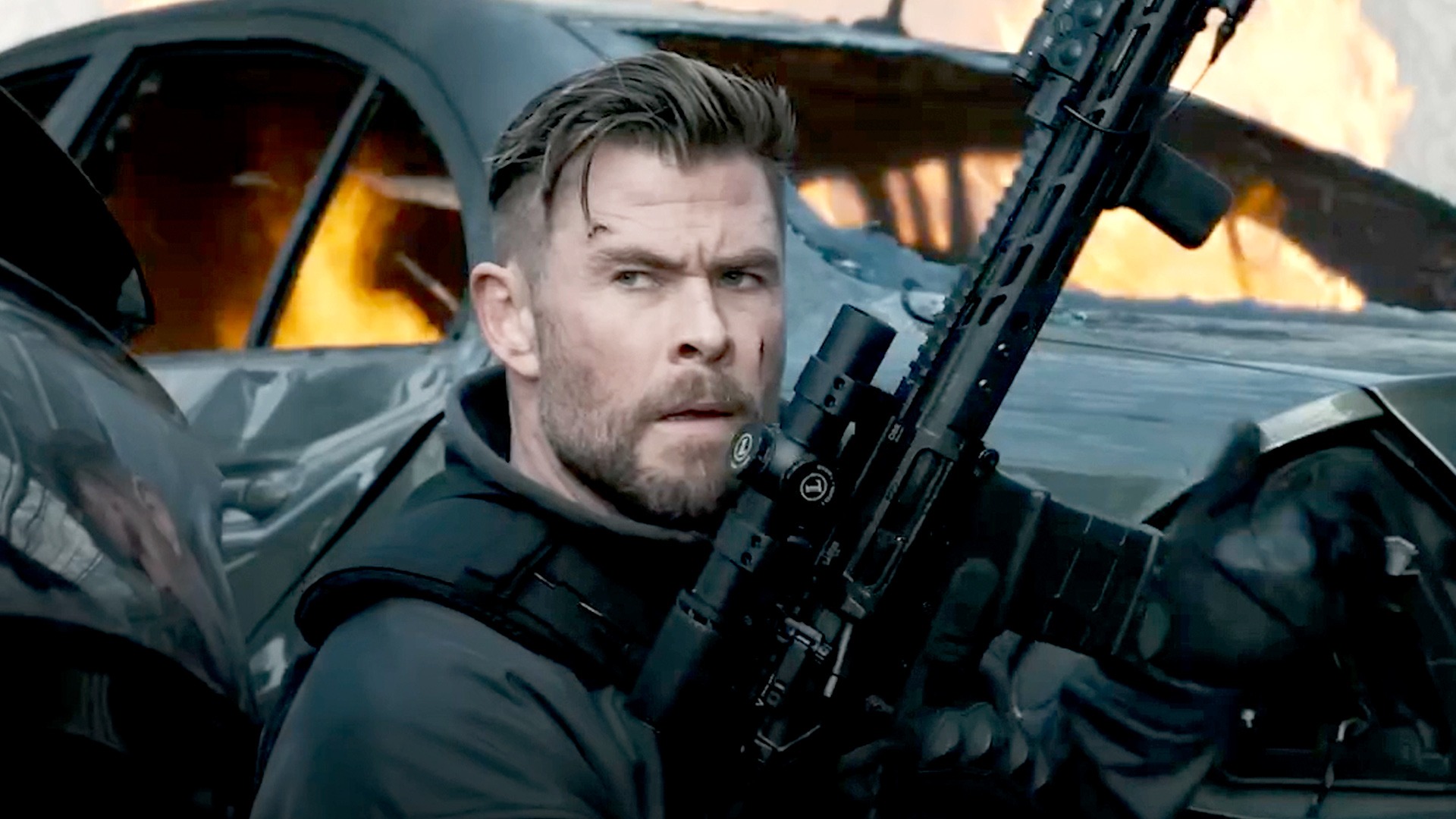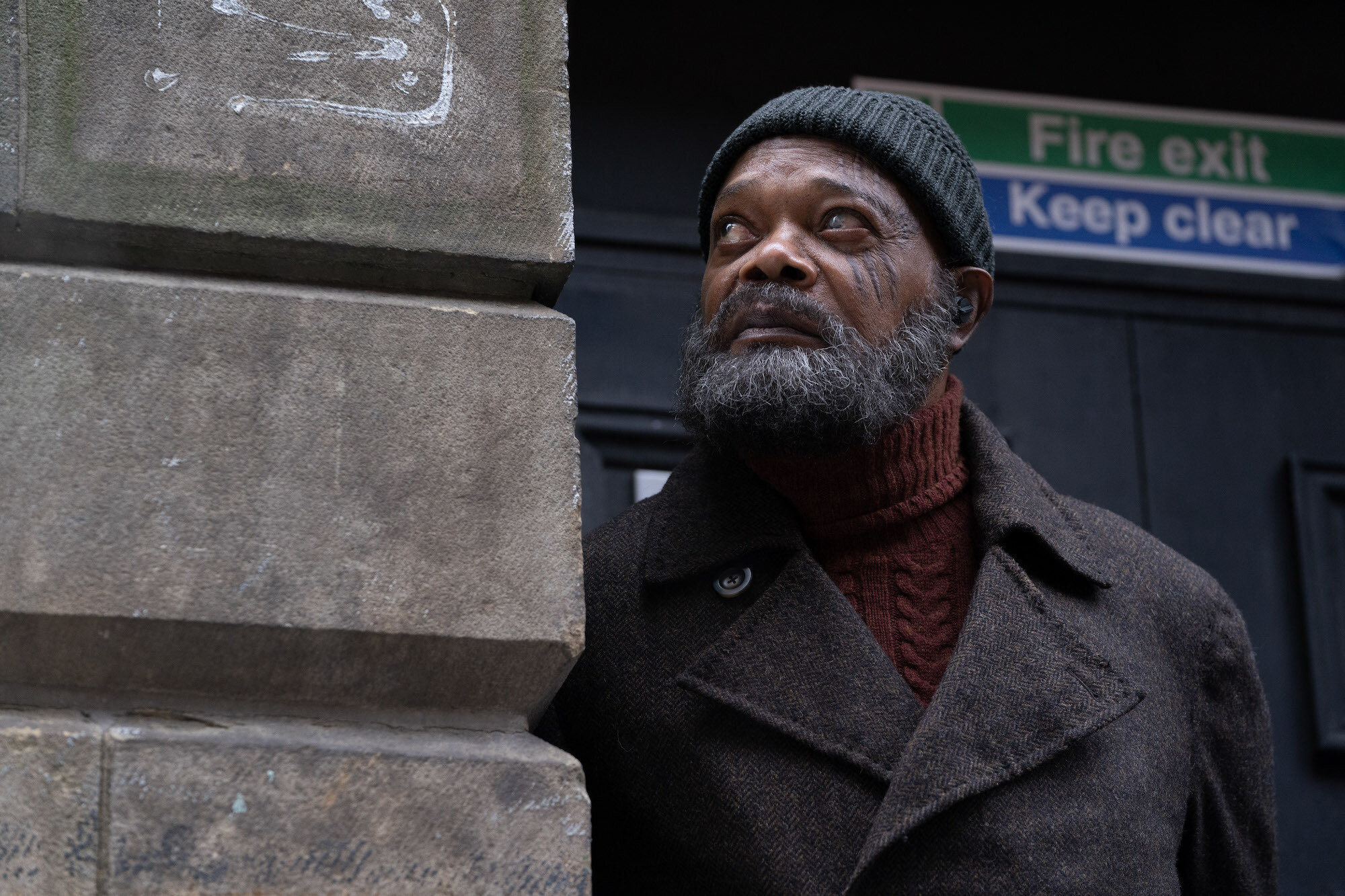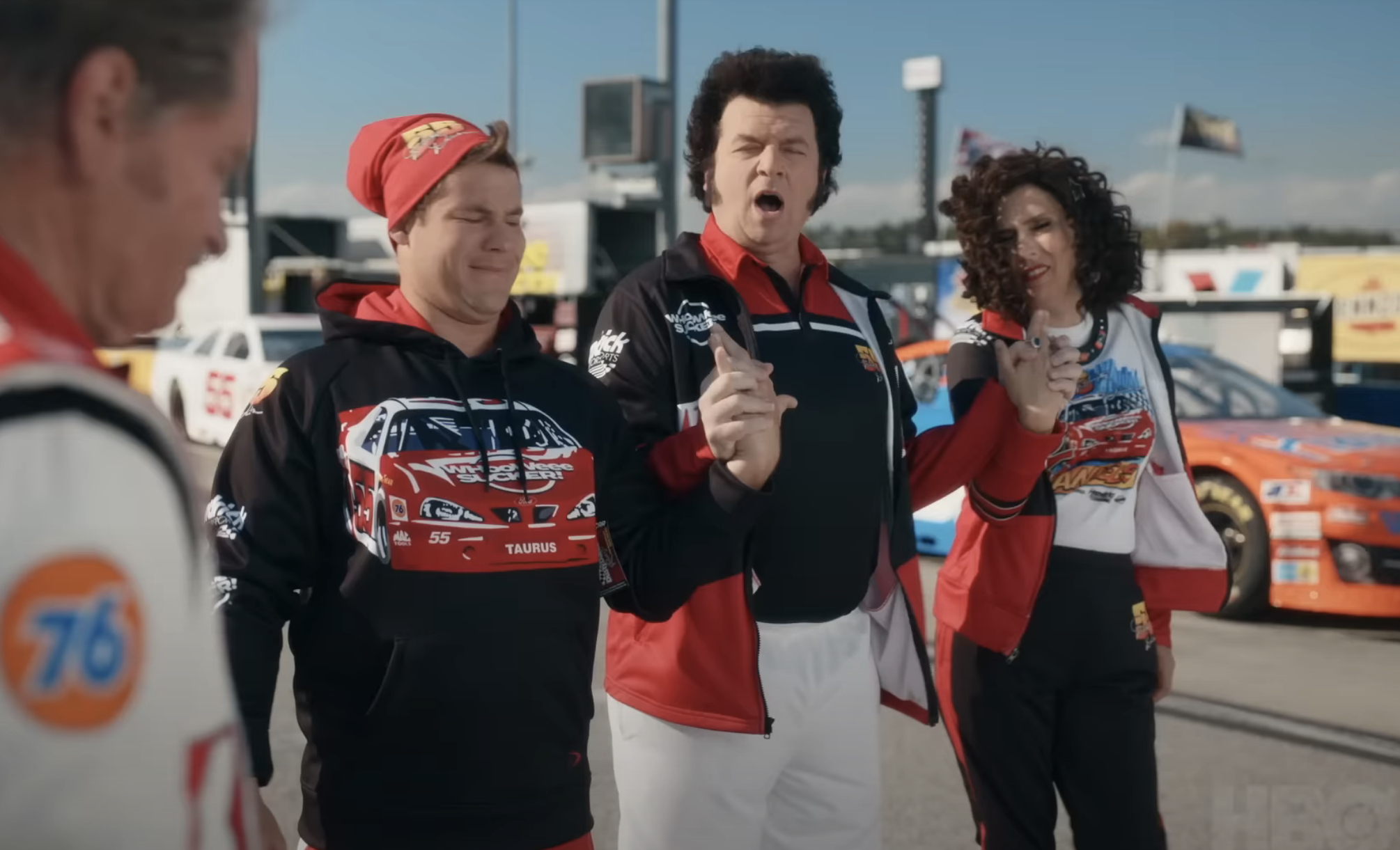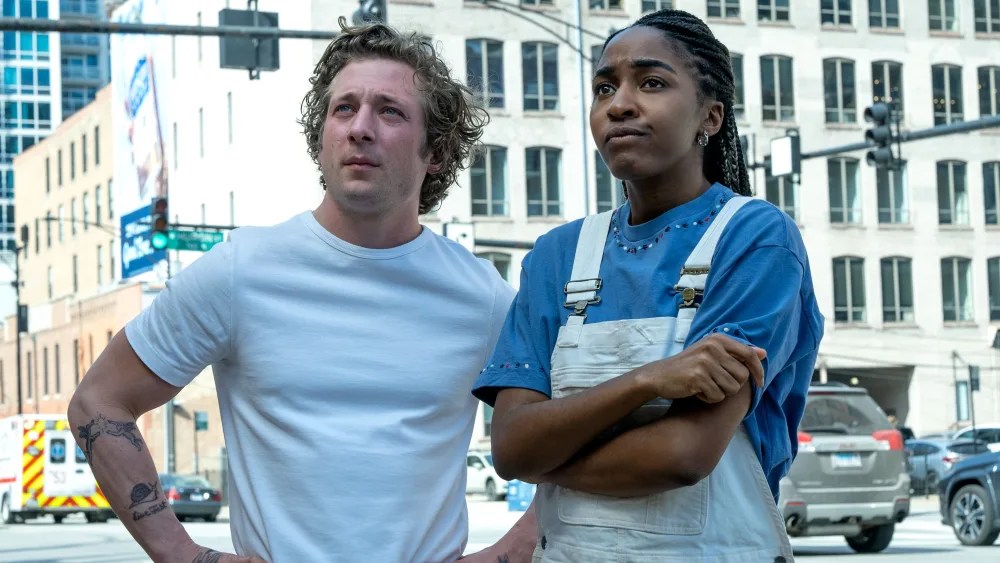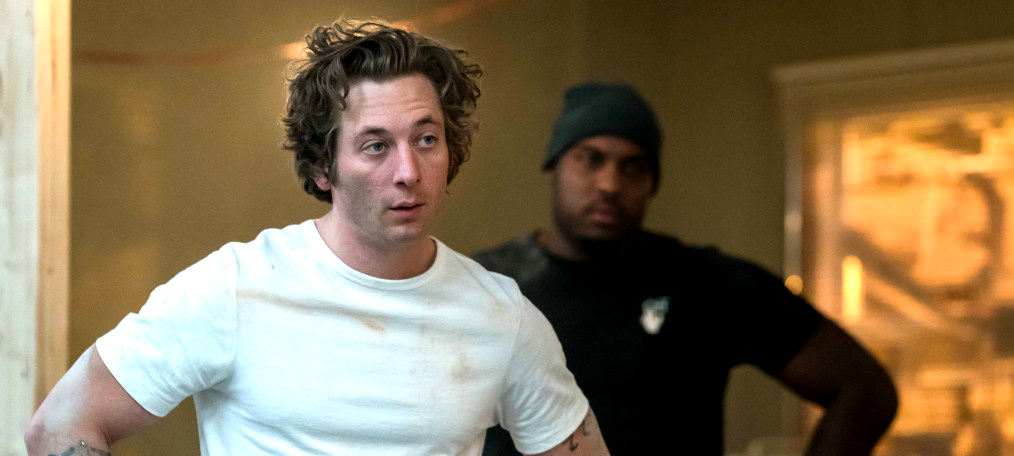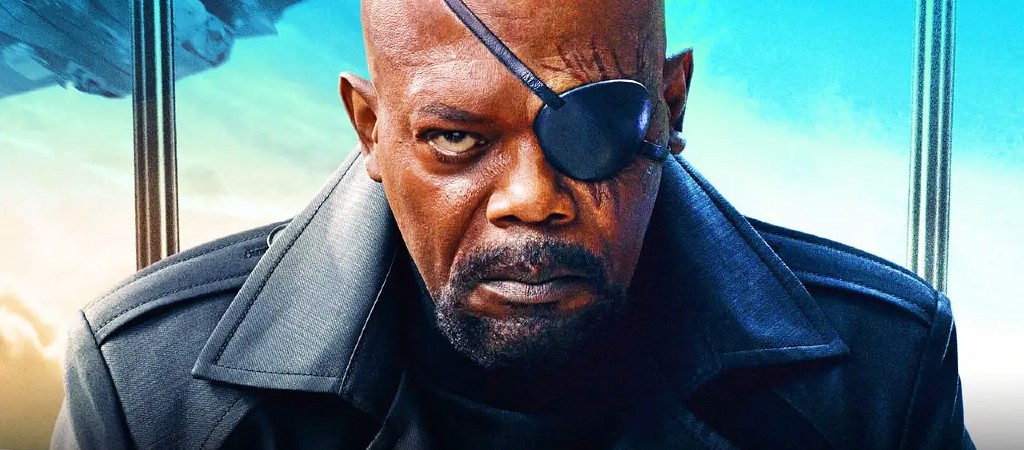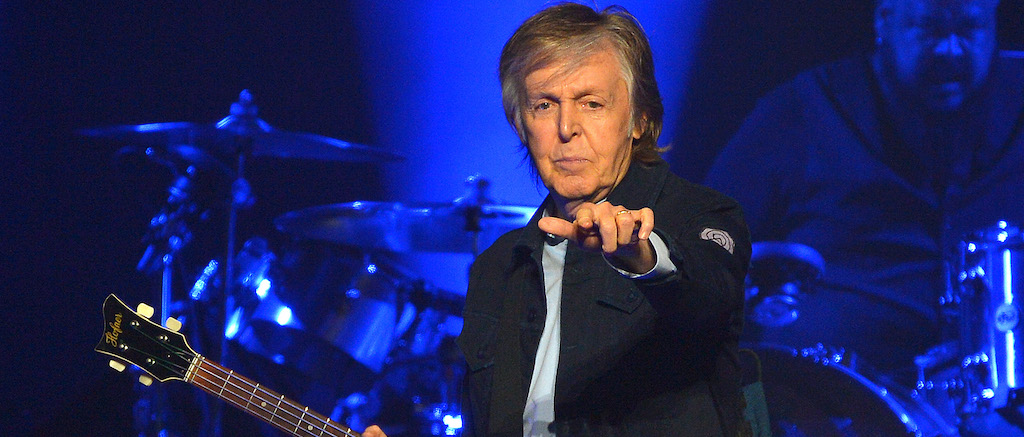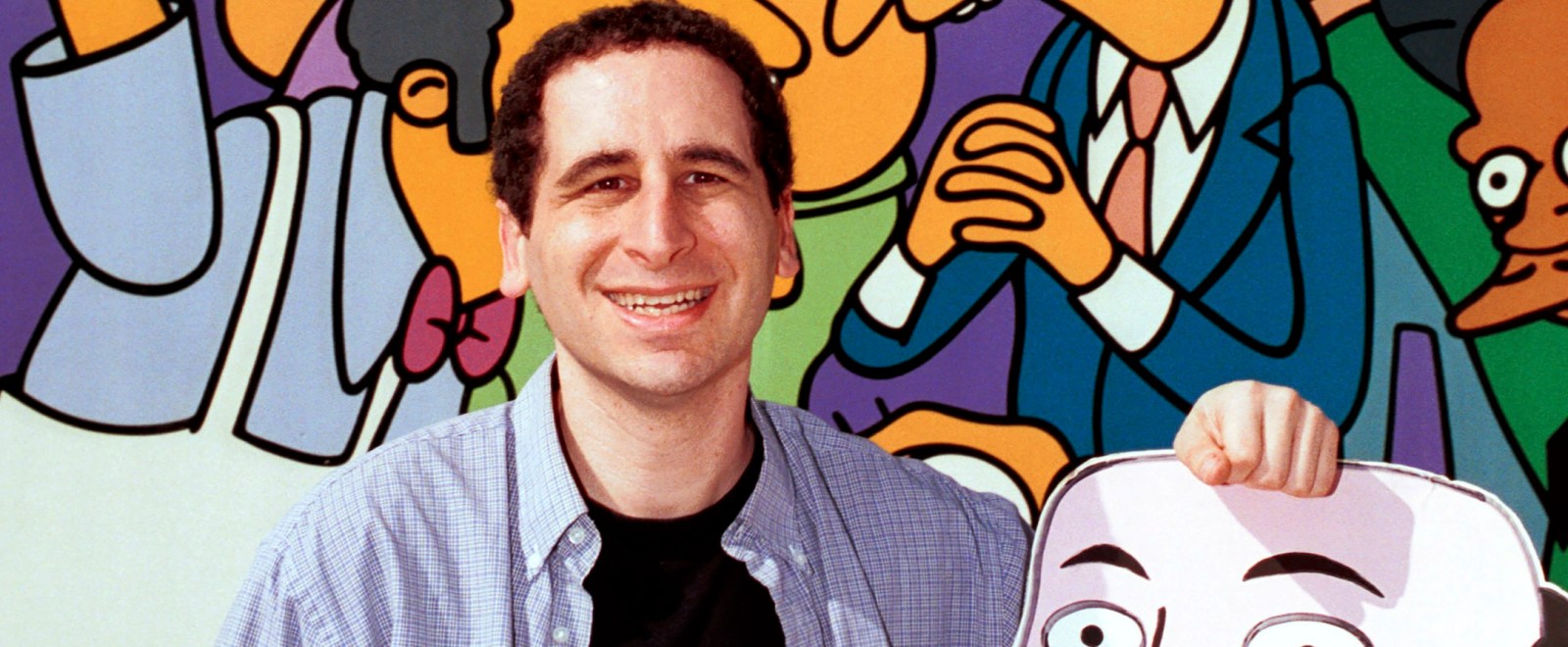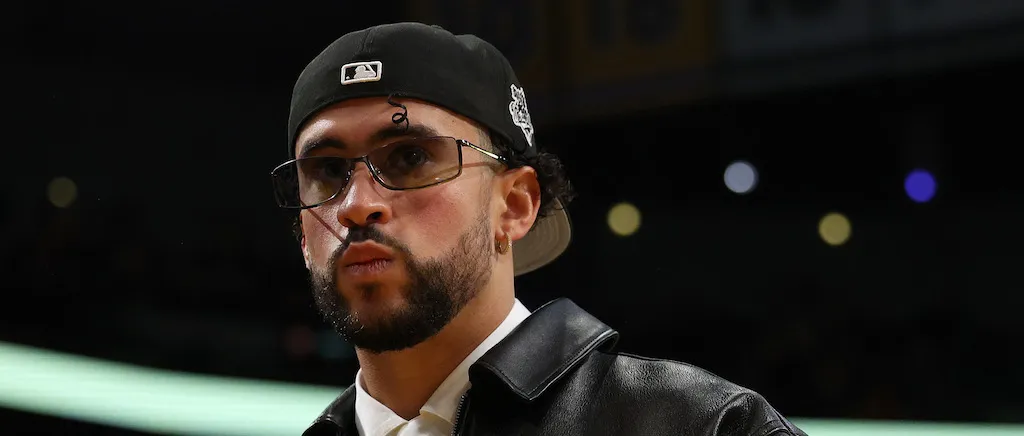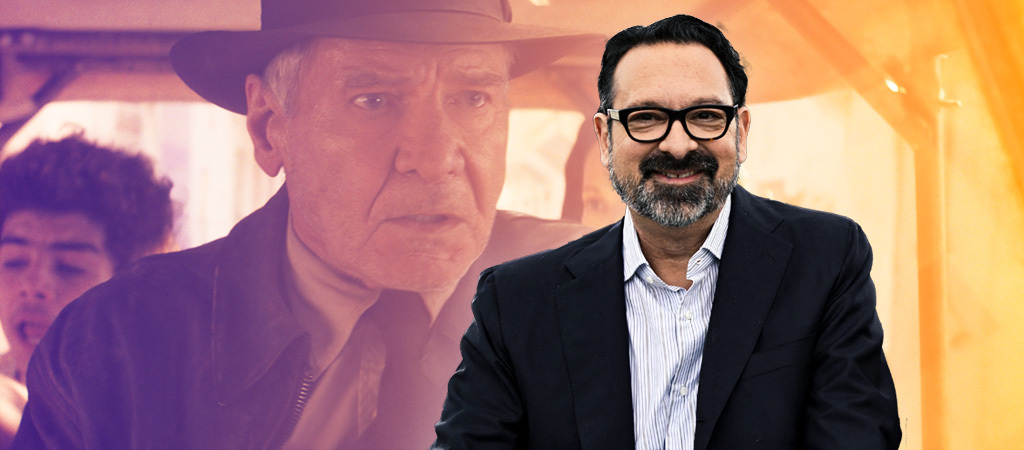James Mangold is careful the way he puts his words. And, mine, frankly. Mangold is a director who has made two movies about Wolverine, but has, probably, not experienced a fanbase quite as touchy as those of famed archeologist Indiana Jones (of course played by Harrison Ford for the fifth time in a feature film, not counting his cameo in The Young Indiana Jones Chronicles). To his point, I’ve seen a lot of information out there about Indiana Jones and the Dial of Destiny that’s just plain wrong. “Oh, they make Indiana Jones a sad sack.” It’s true Indy’s arc starts at a “low point” after a personal tragedy (Mangold corrects me when I say “starts in a bad place”), but we’ve seen Indiana Jones at low points many, many times before. Remember the time in Raiders when he’s drinking himself senseless and almost gets himself killed? In Mangold’s opinion, this is what was missing from the script when it got to him. There will always be an artifact to chase, but what is Indiana Jones’ arc here?
There’s also a lot of bad information about Phoebe Waller-Bridge’s Helena. I’ve seen, “Oh, Indy takes a backseat to Helena and they want Helena to become the new Indy.” It’s an odd conclusion to come to when, for a good portion of the movie, Indy and Helena are straight-up enemies – stealing the Dial from Indy so she can sell it at an auction on the black market. Helena is in this adventure for the money and, as we know, Indiana Jones thinks historical artifacts should be in a museum. (Well, at least he thinks that after the events of Temple of Doom, when Indy was in it for “fortune and glory.” Helena does share a spirit with that version of Indy.) And not to give too much away, but the last sequence of this movie has nothing to do with Helena and everything to do with Indy, to the point I even teared up a bit. Mangold wants to be clear, this is an Indiana Jones movie. (And I agree.) And I get why he’s “careful” about the way things are worded.
Now, something that’s true about Indiana Jones and the Dial of Destiny, the plot is audacious. It really goes for it. This is an endlessly entertaining movie that has a pace similar to Temple of Doom where there’s not a lot of time to catch your breath. Though, an inherent problem with Indiana Jones is the first three movies are also pretty audacious, but they are so ingrained in our memories we kind of forget that. These are all grounded movies until they are not and Dial of Destiny is no different in that respect. What starts as Indy racing to find the Dial, an ancient device that may have mysterious powers – trying to keep it out of the hands of both Helena and a group of Nazis lead by Mads Mikkelsen’s Jürgen Voller – transforms into a fantastical adventure where, as Mangold says ahead, the artifact is going to show us what its powers can do.
This movie is audacious. There are scenes where I think there’s no way it’s going to do that, and you do it.
Well, that’s good. I feel like that’s what these movies always were.
Yes, I agree.
I’ve had many conversations with Steven about this and certainly Harrison – and the ending of Raiders is wild. If you’re talking about the ending. But the fact is the movies themselves really relish in taking very sharp turns, cutting very sharp turns on the ski slope, if you will.
To that point, a few months ago I watched Raiders with someone who had never seen it before. She thought the ending was crazy. I think for a lot of people that ending is so ingrained, we don’t think about how wild it is.
Well, and it’s de rigueur, to speak French, for this series of films. I think because the films are about the relics. About mysterious power and majesty and mysticism that surrounds them. And it almost goes without saying, the old expression of playwriting is a gun in the first act always goes off in the third. And in an Indiana Jones movie, it’s the relic in the first act always goes off in the third.
Yes, it does.
The relic is inevitably going to show its power at some point in one of these pictures.
I am curious, how many titles did you go through? Did you have this one pretty early?
We went through a ton.
What’s an example?
No, I can’t do that.
Oh, come on.
I don’t mean I can’t do it because of some corporate secrecy oath. I can’t do it because I can’t remember.
Okay, let me word it this way, how close did you come to trying to use the word “final,” or something like that? I realize Last Crusade kind of screws all that up…
Because Last Crusade. You couldn’t say last because Last Crusade did it and wasn’t. “Final” is in every movie from Halloween…
Right, Friday the 13th: The Final Chapter…
Every horror movie has, at least, the 17th installment is called “Final” something. So you think, you can’t go “final.”
We knew early on it was announced Mutt Williams would not be in this movie. Without giving it away, how long did it take to come up with what you did come up with? Was, “Oh he’s off some doing something,” considered? Were there other options or was this always going to be it?
Well, of course. When you’ve got a wide-open canvas before you, there are always options. But the reality is you want the story to focus on the characters that are in the picture. And so saying someone’s out wandering off in the periphery seems sadder purgatory than actually making them a story point in the film and using their character’s existence as a tremendous source of drama for some of our lead characters.
Phoebe Waller-Bridge as Helena, you know who she reminds me of? She reminds me of Indiana Jones in Temple of Doom, before he learns the lessons in Raiders, when he keeps talking about “fortune and glory” and he’s kind of just an asshole.
“Fortune and glory.”
Right, Indy’s an asshole in Temple of Doom. And that’s her character in this. She’s in it for the money.
Yes. And I think she’s also… A lot of the most ambitious and brilliant people can be channeled to good or channeled to not good. And she’s a force of nature that comes into the picture and it’s up to Indy to give her some lessons – life lessons.
She even has a young partner she caught trying to steal from her, which is very much like Short Round.
Yes.
Speaking of Short Round, we see some familiar faces in this movie — was there any script iteration where Ke Huy Quan might be involved? Who’s obviously having quite a moment right now. I think people have always wondered what happened to Shorty?
I didn’t need more adults in the movie. I was looking for a kid. So for me, the adventure was to find… But, also, Everything Everywhere was nowhere and not in my mind when this movie was happening, because it was probably shot at about the exact same time, maybe concurrently.
I’ve read you retooled the script quite a lot. What was the main thing you had to retool?
Well, it wasn’t like it was a carburetor or an exhaust pipe or a muffler broken. It was that I wasn’t sure that we had fixed what the movie was actually about on a thematic level.
How so?
Meaning that you can always come up with a plot. There’s some person nefarious doing something that’s dangerous and the protagonist sets off to stop them, blah, blah, blah, blah, blah.
Right.
But what’s the movie about? What’s the resonance of the film about? And when I was invited to come aboard, what I told Harrison and Steven and Kathy and everyone else involved was that I felt that it’s no secret that Harrison, at that point, was in his late 70s. And I felt like that’s going to be right there front and center in the face of our audience. That the hero they’ve followed for 42 years is an old man now. And that doesn’t have to be a bug. That can be a feature. That can be what our movie is about, which is a hero at twilight whose entire life behind him has created both great adventures and triumphs that he carries with him, but also hurts and regrets.
When we see him in 1969, it starts with him in a very bad place. So is that what you added?
No, I don’t call it bad place. But at a low point, yes.
To be fair, the first time we see him in 1969, he’s waking up on his recliner with a bottle of scotch…
Not a bottle, a glass of scotch.
Okay, a glass of scotch.
After four days of a junket, the idea of waking up on a Lazy Boy with a glass of scotch in my underwear sounds awesome.
That’s fair.
But the reality is, what I always feel like I have to say, although I trust you, Mike, but especially with folks who exist in the world of 28-character commentary, is that it’s not “putting him in a bad place,” it’s starting him at a low point.
Honestly, a low point is a better way to put it.
So he can find his mojo again and have one last ride. The idea isn’t to dump on him.
I didn’t at all get that it was from this movie.
The idea is as old as Aristotle, to start a character one place so he ends up in a different one. And what so many fans seem to never understand is, if you don’t start a character some place that’s a little bit of a distance from the ending, then you basically just have a fashion video of some heroic dude or dudette running around being awesome from scene one until scene 120 and there is no dramatic arc. What is it they’re encountering?
Right.
What emblem they wear on their chest? How cool they’re going to look today? The reality is that if you want to make a movie that has humanity, you have to give your characters what is, in old-school terms called, an arc.
Speaking of that, I will say this is the first time in any Indiana Jones movie I teared up. The last scene got me. So I think you achieved your goal of what you were trying to do.
We love this guy! We love this character that Harrison created. And also George and Steven and Larry Kasdan and many others contributed. But I believe after having spent the last couple years in his intimate company, that Harrison’s particular obsession with undermining the obvious, with digging out humor – even if it’s at the expense of his character – which he’s done since the very beginning of his career. Even with other characters like Han Solo, there is such an ability of fearlessness to know that the audience is going to like him and track him, even though he isn’t 100 percent boy scout. And he isn’t always brave and he is a little bit goofy in social situations and frightened of snakes and hesitant and sometimes even whiny … that we love him all the more! Because there’s so much character and humor and heart in this quote, unquote “hero,” as opposed to just bravery and power.
‘Indiana Jones and the Dial of Destiny’ opens June 30th. You can contact Mike Ryan directly on Twitter.



